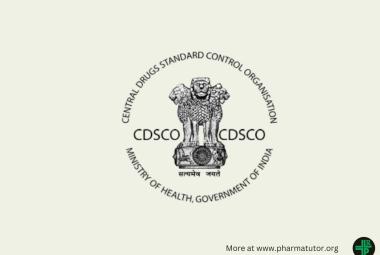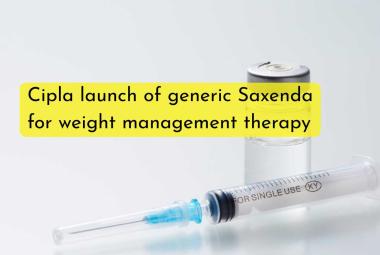
Results from a new post-hoc analysis of two large phase III trials (LUX-Lung 3 and LUX-Lung 6) assessing the impact of dose adjustments for Giotrif (afatinib) in patients with advanced non-small cell lung cancer (NSCLC) were published in Annals of Oncology. The analysis suggests specific dose reductions, as described in SmPC / prescribing information, led to decreases in the incidence and severity of treatment-related adverse events (AEs) in afatinib-treated patients without any apparent compromise in efficacy.
[adsense:336x280:8701650588]
“Afatinib’s efficacy and safety profile in the first-line treatment of patients with EGFR mutation-positive NSCLC has been well established in multiple large trials. This further analysis suggests that dosing of afatinib can be adjusted to help manage a patient’s treatment-related adverse events, without any apparent reduction in efficacy. This may provide physicians and their patients with confidence and allows physicians to help address adverse events,” commented principal investigator and lead author James Chih-Hsin Yang, Director, Department of Oncology, National Taiwan University Hospital, and Director, Graduate Institute of Oncology, National Taiwan University Cancer Center, Taiwan.
Afatinib-treated patients from the LUX-Lung 3 [NCT00949650 (link is external)] (n=229) and LUX-Lung 6 [NCT01121393 (n=239) trials were included in the analysis. Dose reductions took place in 53.3% (n=122) and 28% (n=67) of patients in each study, respectively, most within the first six months of treatment. Dose reductions were associated with decreases in the incidence and severity of treatment-related AEs, while median progression-free survival (PFS) was similar in patients who dose-reduced within the first six months of treatment versus those who did not (LUX-Lung 3, 11.3 vs 11 months; LUX-Lung 6, 12.3 vs 11 months).
Mehdi Shahidi, M.D., Global Head of Medicine, Oncology, Boehringer Ingelheim said, “Afatinib has demonstrated significant treatment benefits compared to chemotherapy in the LUX-Lung 3 and 6 trials. These additional data on dose modification add to the robust body of evidence for afatinib. Adjusting the dose where needed provides healthcare professionals with increased flexibility in the appropriate use of afatinib.”
LUX-Lung 3 and LUX-Lung 6 are multicentre, randomised, open-label, phase III trials of afatinib versus chemotherapy (pemetrexed / cisplatin and gemcitabine / cisplatin, respectively) as first-line treatment for patients with EGFR mutation-positive, advanced and metastatic NSCLC. Both trials met their primary endpoint of PFS with afatinib significantly delaying tumour growth when compared to standard chemotherapy. In addition, afatinib is the first treatment to have shown an overall survival (OS) benefit for patients with the most common EGFR mutation (exon 19 deletions; del19) compared to chemotherapy. Afatinib is approved in over 70 countries for the first-line treatment of EGFR mutation-positive NSCLC. Approval of afatinib in this indication was based on the primary endpoint of PFS from the LUX-Lung 3 clinical trial.













